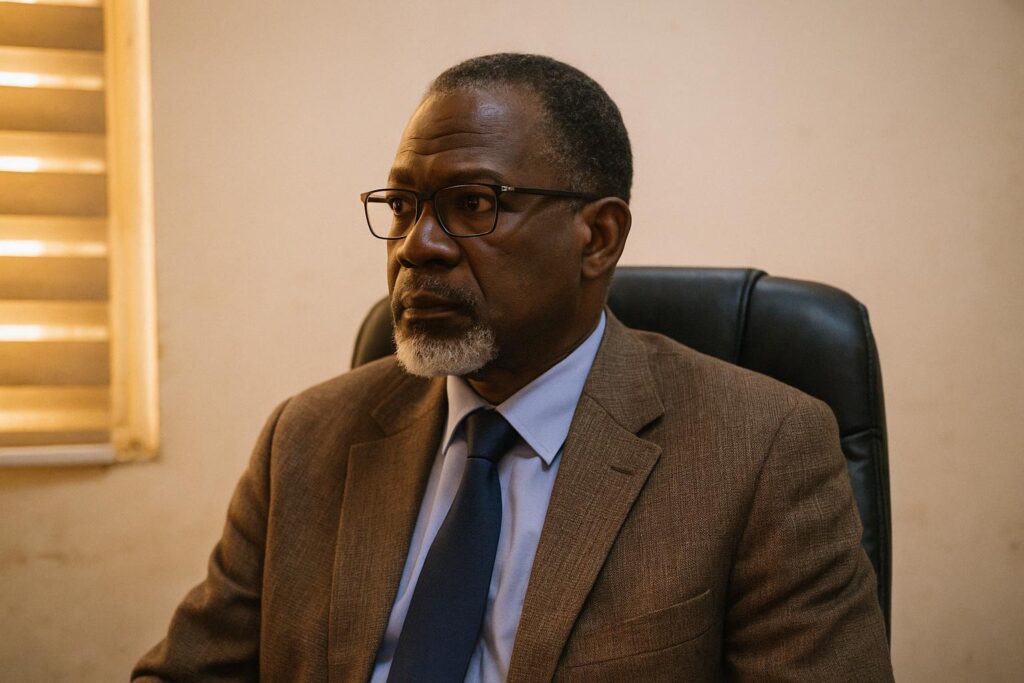Public Consultations Highlight Reform Priorities
At a press briefing in Juba, Chairperson Riang Yer Zuor confirmed that teams visited Eastern Equatoria, Lakes, Northern Bahr el Ghazal and Western Bahr el Ghazal, meeting local leaders, traders and students to gather views for the permanent constitution (Eye Radio).
Participants repeatedly asked for a concise charter that avoids ambiguity, insisting that any future governance framework be simple enough to be taught in classrooms yet strong enough to deter power consolidation.
Citizens Push for Term Limits and Army Neutrality
Across the four states, speakers favoured a two-term ceiling for elected leaders and direct presidential elections, arguing that predictable transitions build investor confidence and curb patronage.
Equally fervent were demands that the national army step away from party politics. Residents said a professional, ethnically balanced force would reassure displaced families and attract diaspora skills.
Border and Rights Concerns Surface
Communities near Kafia Kangi and Hufura Nyhas appealed for clearly demarcated boundaries to prevent taxation disputes. In Western Bahr el Ghazal, women pressed for property inheritance rights while advocates highlighted accessibility gaps for persons with disabilities.
Logistics Hurdles Temper Optimism
Poor roads and sporadic insecurity slowed teams, especially in Eastern Equatoria where only five counties were reached. Yer Zuor acknowledged the setbacks but described engagement levels as “robust and energising,” crediting support from UNMISS, UNDP, UN Women and JICA.
Next Steps Toward a Durable Charter
Four additional teams will now deploy to Central Equatoria, Jonglei, Warrap and Western Equatoria. Consultations in Upper Nile, Unity and the three administrative areas are expected by early next year, subject to funding. Commissioners believe completing dialogue on schedule will strengthen peace dividends across the region.


